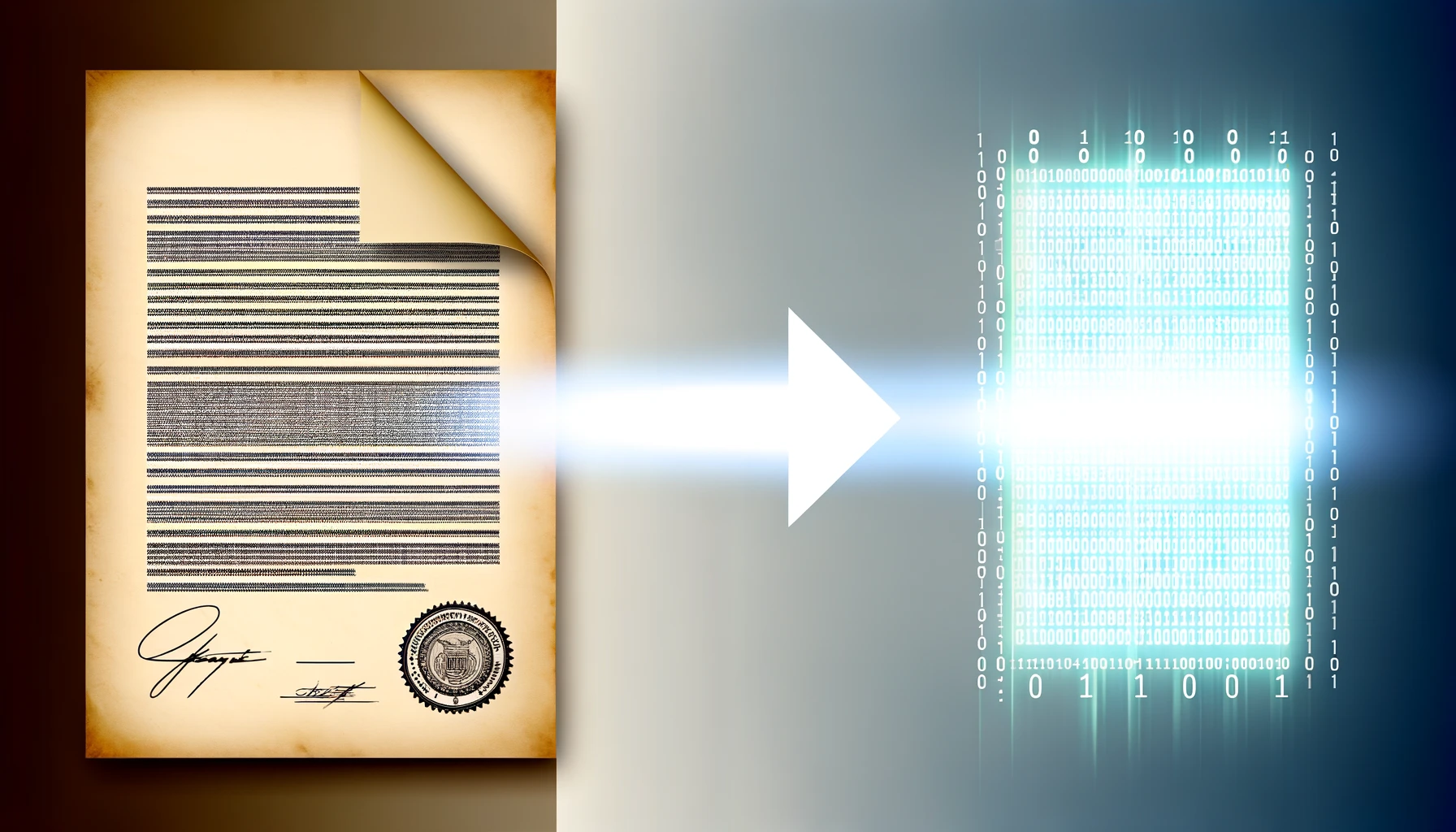Tag: legal documentation
-

eRecording Is Next-Level Deed Processing. Know What It Is, and Why It’s Legal.
For centuries, deeds went through a manual filing process for transmitting, recording, and storing. This is changing, with eRecording emerging as the new standard. Why the shift? The shutdowns in the early days of Covid jolted offices into a different mode of operating. Around the same time, county offices began strongly recommending eRecording. Electronic signatures…
-

Oregon HB 2029 and Its Impact on Real Estate Deeds
In a significant move to improve the legibility and accessibility of recorded documents, Oregon has passed House Bill 2029, which comes into effect on January 1, 2024. This bill amends Oregon Revised Statute 205.232, specifically raising the minimum font size for recorded documents from 8-point to 10-point type.


